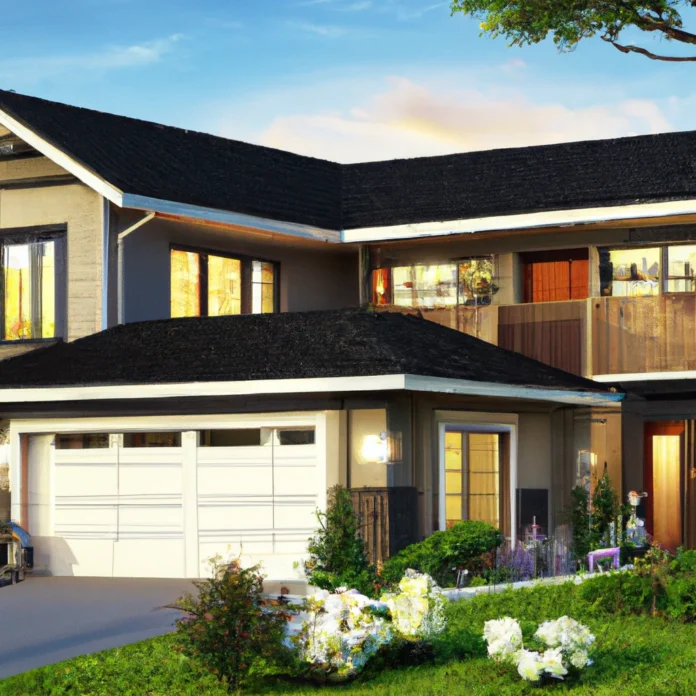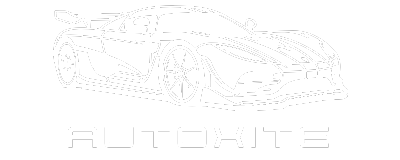The landscape of high-end residential security is evolving rapidly, and as we look toward 2025, it is clear that this sector is poised for significant growth and innovation. As homeowners become increasingly aware of security threats, the demand for sophisticated solutions is rising. In this article, we will explore the various aspects of high-end residential security, including emerging technologies, trends, and the psychological factors influencing consumer behavior.
Understanding High-End Residential Security
High-end residential security refers to advanced systems designed to protect luxury homes and estates. These systems often integrate various technologies to provide comprehensive protection. Security measures can include surveillance cameras, alarm systems, access control, and smart home integration.
The Growing Importance of Security
The rise in crime rates, particularly in urban areas, has driven homeowners to invest in more robust security solutions. Additionally, with the increasing value of residential properties, the need for effective security is paramount. Homeowners are not just looking for basic security; they seek systems that offer convenience, control, and peace of mind.
Technological Innovations in Security
Smart Home Integration
The integration of smart home technology into security systems is one of the most significant advancements. Homeowners can now control their security systems remotely via smartphones or tablets. Features such as real-time alerts, live video feeds, and remote locking mechanisms allow for unparalleled control.
Artificial Intelligence and Machine Learning
Artificial intelligence (AI) is revolutionizing security systems. AI-powered cameras can distinguish between normal activity and potential threats, reducing false alarms. Machine learning algorithms improve the accuracy of security systems over time, learning from user behavior and environmental patterns.
Biometric Security Measures
Biometric technology, such as fingerprint and facial recognition, is becoming more accessible in residential security. These systems provide an additional layer of protection, ensuring that only authorized individuals can access the premises.
Trends Shaping the Future of Residential Security
Increased Demand for Custom Solutions
As homeowners become more educated about security options, the demand for customized solutions is increasing. Tailored systems that address specific needs and concerns are likely to dominate the market in the coming years.
Focus on Aesthetics and Design
High-end homeowners often prioritize the aesthetics of their security systems. Manufacturers are responding by designing stylish cameras, alarms, and access controls that complement the architecture of luxury homes.
Enhanced Surveillance Technologies
Advancements in surveillance technology, such as 4K video resolution and 360-degree cameras, provide homeowners with clearer and more comprehensive monitoring capabilities. These technologies not only improve security but also allow for better integration with smart home systems.
Psychological Factors Influencing Security Purchases
Fear of Crime and Security Paranoia
The fear of crime plays a significant role in the decision-making process for homeowners. As incidents of burglary and home invasion become more publicized, consumers are more likely to invest in high-end security measures to protect their assets.
Status Symbol
In many cases, high-end security systems are seen as a status symbol. Homes equipped with advanced security technologies can signal wealth and sophistication, further driving demand for these systems among affluent households.
Peace of Mind
The psychological comfort that comes from knowing one’s home is secure cannot be overstated. High-end security systems provide not only physical protection but also peace of mind, making them an attractive investment for homeowners.
Challenges in the High-End Security Market
Cost Implications
The initial investment in high-end residential security can be substantial. Homeowners must weigh the costs against the perceived benefits. While many are willing to invest in security, affordability remains a concern.
Technological Complexity
As security systems become more advanced, they can also become more complex. Homeowners may struggle to understand how to utilize all features effectively, leading to underutilization of the systems they invest in.
The Future Outlook for High-End Residential Security
Predicted Growth in 2025
Market analyses indicate that the high-end residential security industry will continue to grow significantly by 2025. Factors contributing to this growth include technological advancements, increased awareness of security needs, and changing consumer preferences.
Integration with Smart City Initiatives
As urban areas become smarter, residential security will likely integrate more closely with city-wide security initiatives. This could include collaboration with local law enforcement and integration with city surveillance systems.
Sustainability and Eco-Friendly Solutions
The trend towards sustainability will also influence the residential security market. Energy-efficient security systems and environmentally friendly materials will appeal to the environmentally conscious consumer.
Conclusion
The high-end residential security sector is poised for remarkable transformation as we approach 2025. With advancements in technology and changing consumer attitudes, we can expect a market that prioritizes both security and aesthetics. Homeowners seeking to protect their investments will increasingly turn to innovative solutions that offer comprehensive protection and peace of mind. For those interested in the latest developments in security technology, platforms like Autoxite provide valuable insights and resources. Visit Autoxite for more information on the future of residential security.


